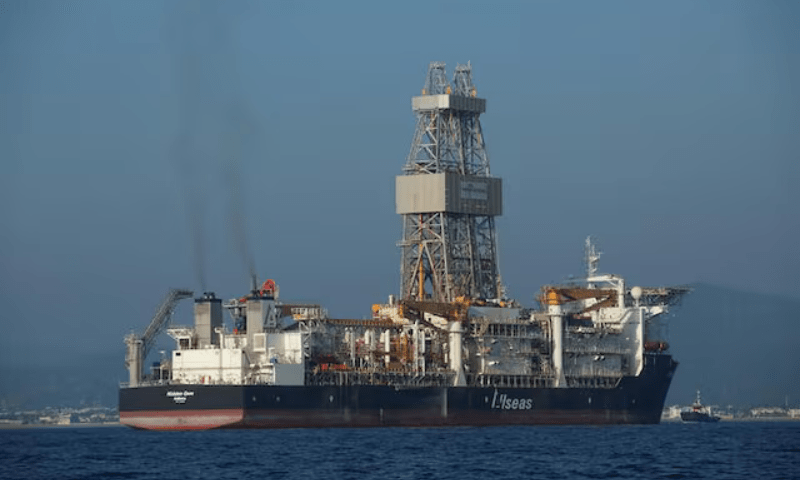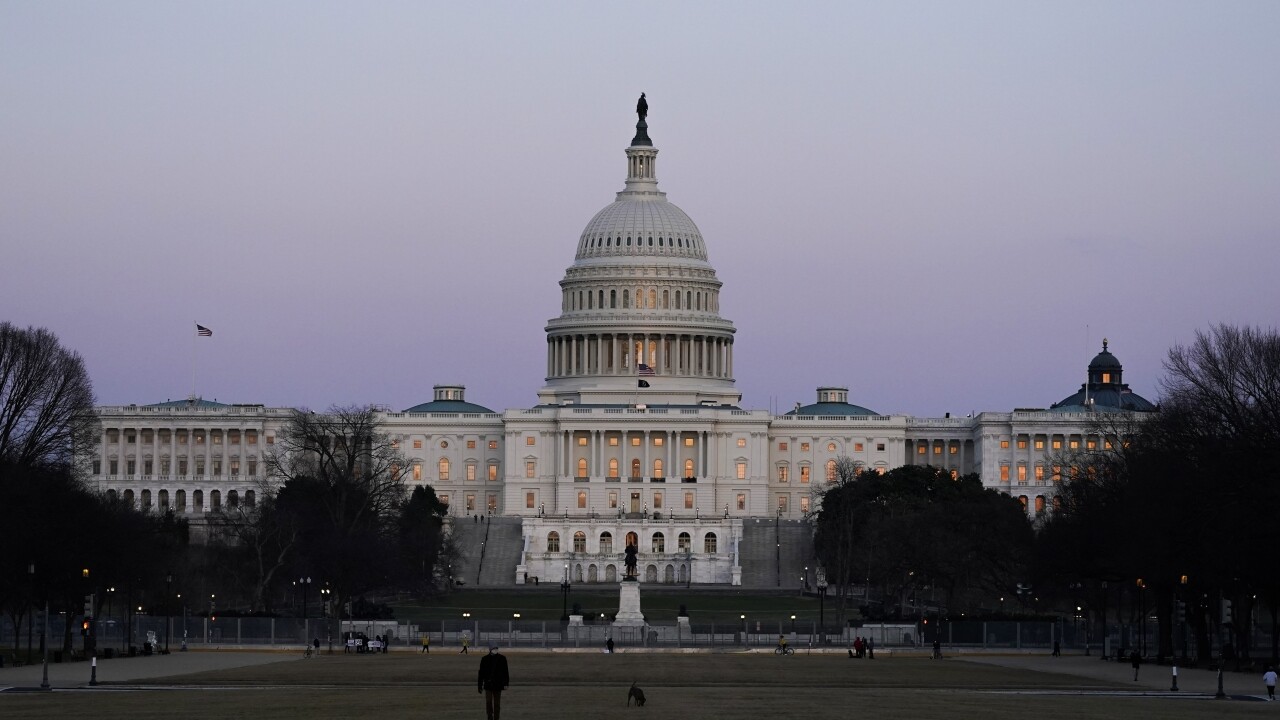WORLD NEWS

In a bold step to counter China’s dominance in rare earth supplies, Japan has announced it will begin a groundbreaking deep-sea mining mission in January, aiming to retrieve rare earth elements from 5,500 metres below the Pacific Ocean near Minami Torishima.
The initiative, led by the Chikyu deep-sea scientific drilling vessel, will mark the first time in history that sediment extraction is attempted at such depths.
Shoichi Ishii, director of Japan’s Cross-ministerial Strategic Innovation Promotion Programme, said the test would focus on evaluating the performance of underwater mining equipment rather than the volume of material extracted.
“The test to retrieve sediments from 5,500 metres water depth is the first in the world,” Ishii told AFP, adding that operational capability was the core goal of the mission.
According to Japan’s Nikkei business daily, the three-week test cruise is expected to recover 35 tonnes of seabed mud, each tonne containing approximately 2 kilograms of rare earth minerals — key inputs for electric vehicles, wind turbines, electronics, and advanced weaponry.
Global Geopolitical Stakes Rise
The mission comes amid rising global concern over China’s near-monopoly on rare earth production, responsible for nearly two-thirds of global mining output and 92% of refining, according to the International Energy Agency (IEA).
Earlier this week, Japan pledged to work alongside the United States, India, and Australia to secure critical mineral supply chains, a strategic alliance aimed at reducing reliance on China in the technology and defense sectors.
This move follows China’s April 2025 requirement for export licenses on rare earths — widely seen as a retaliatory measure after Western nations imposed restrictions on Chinese goods.
Environmental and Legal Tensions
While technological ambitions rise, environmental groups have raised alarms about the ecological damage deep-sea mining could cause, warning of disruptions to fragile marine ecosystems.
The International Seabed Authority (ISA) — which oversees international ocean floor activities — is set to meet later this month to finalize a global mining code, regulating extraction practices and setting environmental safeguards.
Meanwhile, Japan’s drill site lies within its Exclusive Economic Zone (EEZ) and is exempt from ISA rules, giving Tokyo greater leeway to test and develop deep-sea capabilities.
As the geopolitical and environmental stakes grow, Japan’s mission may set a global precedent in the race to tap into oceanic mineral reserves and secure the building blocks of future technologies.




